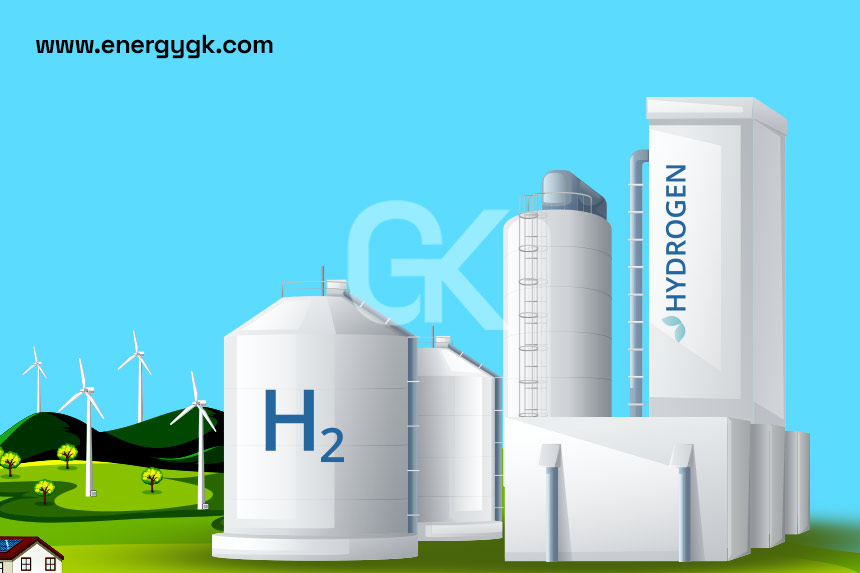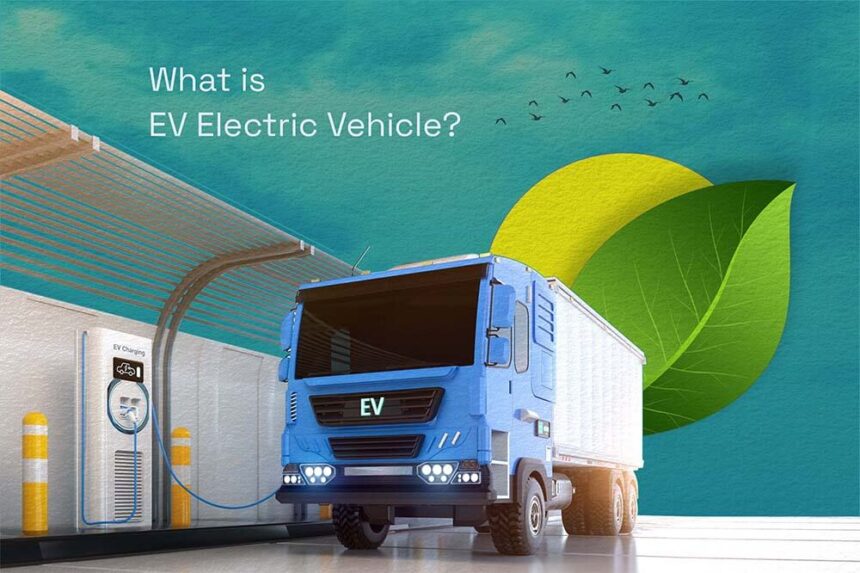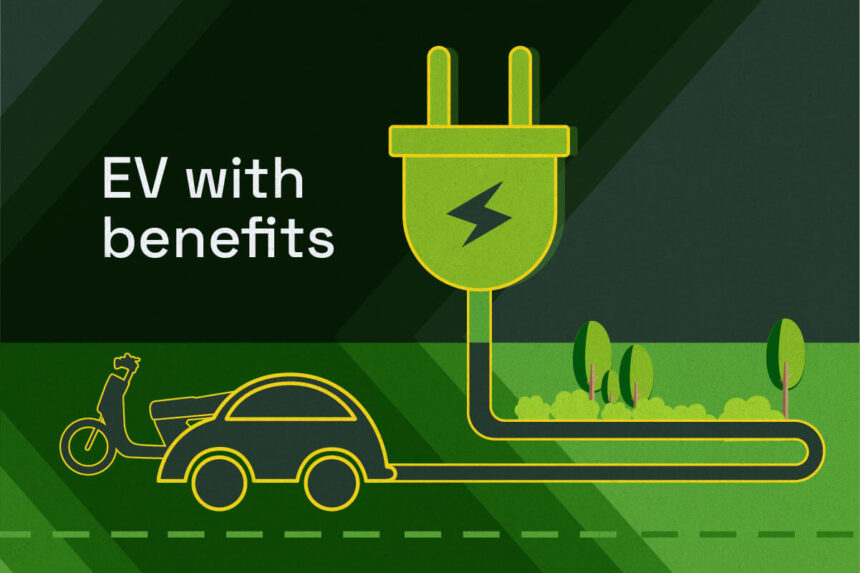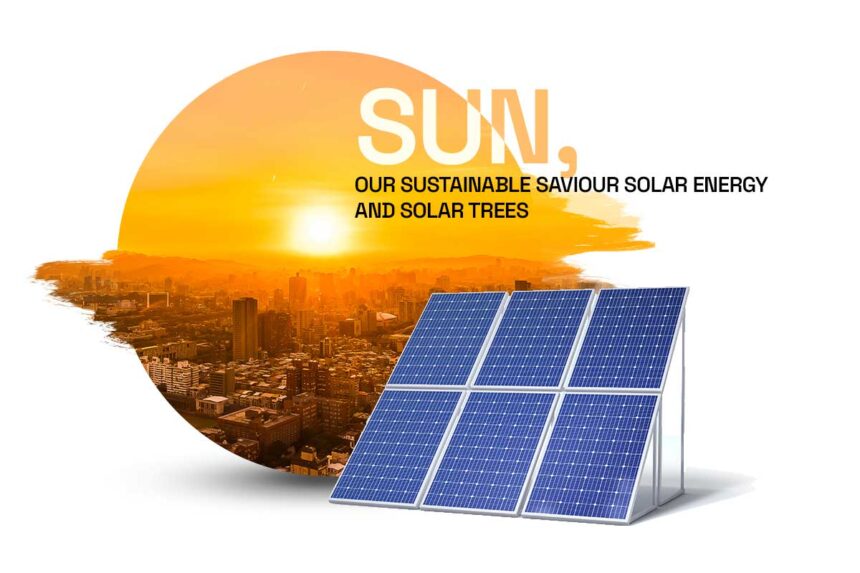The complex relationship between energy production and water usage or the energy-water nexus is a crucial area of focus in sustainability and resource management. This connectivity demonstrates the close relationship between energy and water resources and their significant dependence on one another. It is crucial to comprehend and manage this relationship to ensure a resilient and sustainable future as the demand for energy and water keeps rising. An in-depth discussion of the important difficulties and possible solutions of the energy-water nexus are provided in this piece.
The Relationship Between Water and Energy.
Water is often needed in large quantities for the production of energy whether it comes from nuclear power fossil fuels or renewable resources. Extracting treating and distributing water on the other hand require a lot of energy. One resources availability and management directly affect the other due to this interdependence which produces a feedback loop.
Water is Needed for Energy Production:
Thermal Power Plants: Water is used for steam generation and cooling in conventional thermal power plants, including coal natural gas and nuclear facilities. Water supplies in the area are impacted when significant amounts of water are taken out of natural sources.
Hydropower: Hydropower facilities use turbines to harness the flow of water to produce electricity. Hydropower can affect river ecosystems and water availability downstream despite being a renewable energy source.
Biofuels: Water use is further linked to energy production due to the need for irrigation in the cultivation of biofuel crops.
Energy is Needed for Water Management:
Pumping and Distribution: A considerable amount of energy is required to move water from sources to treatment centers and ultimately to end users.
Desalination: The energy-intensive process of turning saltwater into freshwater in desalination plants highlights the trade-offs between energy and water resources.
Wastewater Treatment: A significant amount of energy is needed to treat wastewater so that it satisfies environmental regulations and can be reused.
Water-Energy Nexus Challenges.
In light of population growth resource scarcity and climate change, the interdependence of energy and water poses several challenges.
Resource Scarcity: Water-intensive energy production cannot be sustained in areas where water is scarce. On the other hand, efforts to treat and distribute water may be hampered by energy shortages.
Climate Change: The energy-water nexus is under increased pressure as a result of climate change. The demand for energy and the availability of water are impacted by changing precipitation patterns extreme weather and rising temperatures. A growing number of sectors including the agriculture industry and municipalities are competing for limited resources of energy and water which makes resource management more difficult.
Ways to Address Sustainability in the Future.
Innovative and integrated strategies that take into account the interdependencies of these resources are needed to address the issues surrounding the energy-water nexus. Resource utilization can be maximized and conflicts can be avoided through integrated resource management which considers the energy-water nexus. Coordinated policy cross-sector cooperation and stakeholder involvement are examples of this.
Technological Innovation: New developments in technology have the potential to improve water and energy efficiency. Water resource impacts can be reduced by for instance increasing power plant efficiency creating water-efficient cooling technologies and putting money into renewable energy sources with smaller water footprints.
Sustainable Agriculture Practices: Water consumption for the production of biofuel can be decreased by implementing sustainable agricultural practices such as drought-resistant crops and precision irrigation. In a similar vein encouraging energy efficiency and conservation in water utilities can reduce energy use.
Alternative Water Sources: By using alternative water sources such as rainwater collection and reclaimed wastewater we can lessen our reliance on freshwater resources for energy production and other purposes.
Conclusion
The link between energy and water emphasizes how important it is for us to have these two resources together. The complex relationship between energy production and water usage needs to be understood and managed as the world struggles with issues of resource scarcity climate change and rising demand. We can navigate the complexities of the energy-water nexus and work towards a more resilient and sustainable future by implementing integrated management approaches utilizing technology advancements and encouraging sustainable practices.






